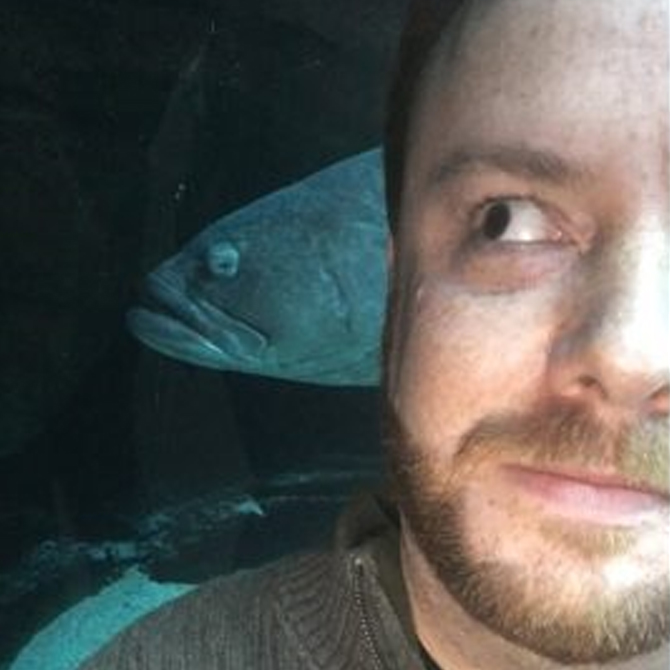Loving People We Hate
FEBRUARY 15, 2022
"Blessed are the merciful, for they shall receive mercy” (Mt. 5:7).
As a Christian, I feel it’s my duty to stand up for any person or group that’s being oppressed in any way. I’m not sure why (well, I have an inkling), but that’s a controversial statement.
Jesus said to “love your enemies, and pray for those who persecute you” (Mt. 5:44). But there’s always someone who wants to water that down. Well, Jesus didn’t mean it that way. I get the temptation. Jesus-world is upside down. It’s crazy-land. Weird-topia. It’s all: love enemies, forgive the unforgiveable, last first, smart foolish. Something in us that feels logical wants to adjust that seemingly crooked picture. But it’s fine. Jesus is fine. We’re the crooked ones.
When Jesus said love enemies, he really did mean the terrorist and the murderer as much as he meant the annoying neighbor or attacking atheist.
Some people explode at that. Before you explode: Love isn’t saying that bad things done by our enemies are okay. Love is the process of forgiving those things, and caring about our enemies’ well-being in spite of them. (Now, if you choose, you may explode.) Love isn’t writing enemies off as inhuman scum, animals, moochers, godless, or evil, but seeing past sin, and our pride, to the image of God in them. Love doesn’t ask you to be besties with a murderer. Love gives up hate and a desire for revenge, and becomes a desire to actually do good for our enemies.
“Love your neighbor,” Jesus said, and when asked who this neighbor fellow was, Jesus showed through a parable that our neighbor is anybody we come in contact with that’s in need. Even enemies.
There’s more. (I know, I know.) So, if we’re to love these kinds of enemies, how much more those whose lifestyles, politics, or personalities we disagree with? These are people who aren’t necessarily our enemies, but that we choose to see as our enemies because they don’t agree with us or, perhaps, God. Well, you interrupt (which is quite rude), they’re enemies of God then! Which makes them a special class of enemies I don’t have to love.
We seem to think there’s a difference in loving our enemies and loving God’s enemies. The Psalmist seems to agree with you. “Do I not hate those who hate You, O Lord?” (Ps. 139:21), but then there’s Jesus, who, as we have discussed, tells us to love our enemies. The reason he says to do that is so that we can “be sons of your Father who is in heaven; for he causes his sun to rise on the evil and the good, and sends rain on the righteous and the unrighteous (Mt. 5:45).” That tells us we’re supposed to love our enemies because loving enemies is being like God. Which means God loves those who would make themselves his enemies too. So there aren’t any gradations of enemies that we might treat them different ways. Whether you think of your enemies as gay, Muslim, Catholic, black, white, transgender, Episcopalian, or Democrats, Jesus says to love and do good for them. Which, coming full-circle, means we stand up for them when they’re being oppressed.
So, you can hate anyone you want, but you can’t blame it on God.
So, you can hate anyone you want, but you can’t blame it on God. You’ve got to look in the mirror and accept that junk as your own. Meanwhile, truly being like God means we shouldn’t rejoice when our enemy is being harmed, but, rather, be angry when we see anyone being oppressed, crushed, demeaned, or berated, for any reason. I don’t have to stand up for sin, but I must stand up for sinners, because God loves me, a sinner.
“Hatred is clear, metallic, one-handed, unwavering; unlike love.” –Margaret Atwood

 Search
Search

